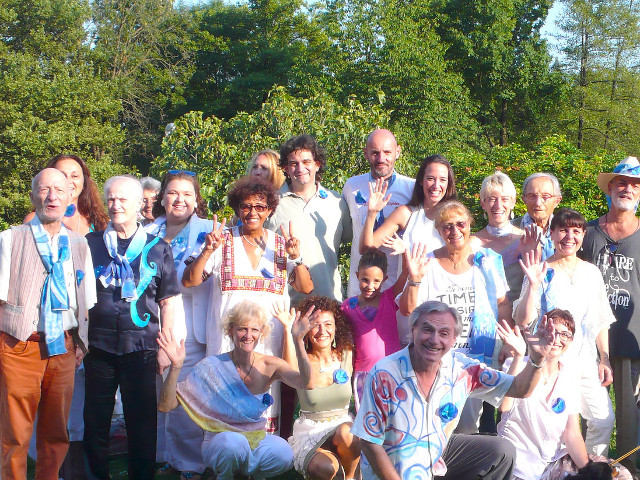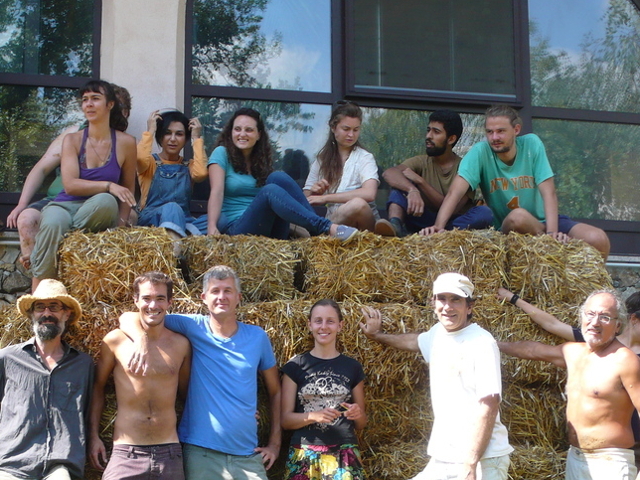Alexa Clay, co-author of TheMisfit Economy, examines the question: Why do intentional communities fail?
It’s a question that we ask ourselves at Damanhur very often. You may bewondering, why hasn’t Damanhur failed? The answer can be summed up in the statement: We are practical idealists who constantly change things.

In Alexa’s article UtopiaInc, published on line in the digital magazine Aeon, she explores intentional communities and communes worldwide,including Damanhur’s social structures, scale, transformational nature and outlets for conflict, characteristics that have contributed to the longevity of our community experience.
In the article she poses the question: Most utopian communities are, like most start-ups, short-lived. What makes the difference between failure and success?
Well, failure to stay together as a community often has to do with the same kinds of limitations in human nature that make start-ups and businesses fail.
And success often depends on the capacity to integrate new participants, embrace technological and economic solutions, focusing on a practical and infrastructural stability, as well as adhering to ideals and holding a utopian vision.

Alexa writes, “Perhaps the irony is that many of the administrative and managerial forces that individuals are running away from within main stream society are exactly the organizational tools that would make intentional communities more resilient: that regardless of how much intentional communities with utopian aims seek to step to one side of worldly affairs, they succeed or fail for the very same pragmatic reasons that other human enterprises – notably businesses and start-ups –succeed or fail.”
Thank you for this glimpse into the delicacy and complexity of living and working in community, Alexa! All the best in exploring innovation on the edge.







